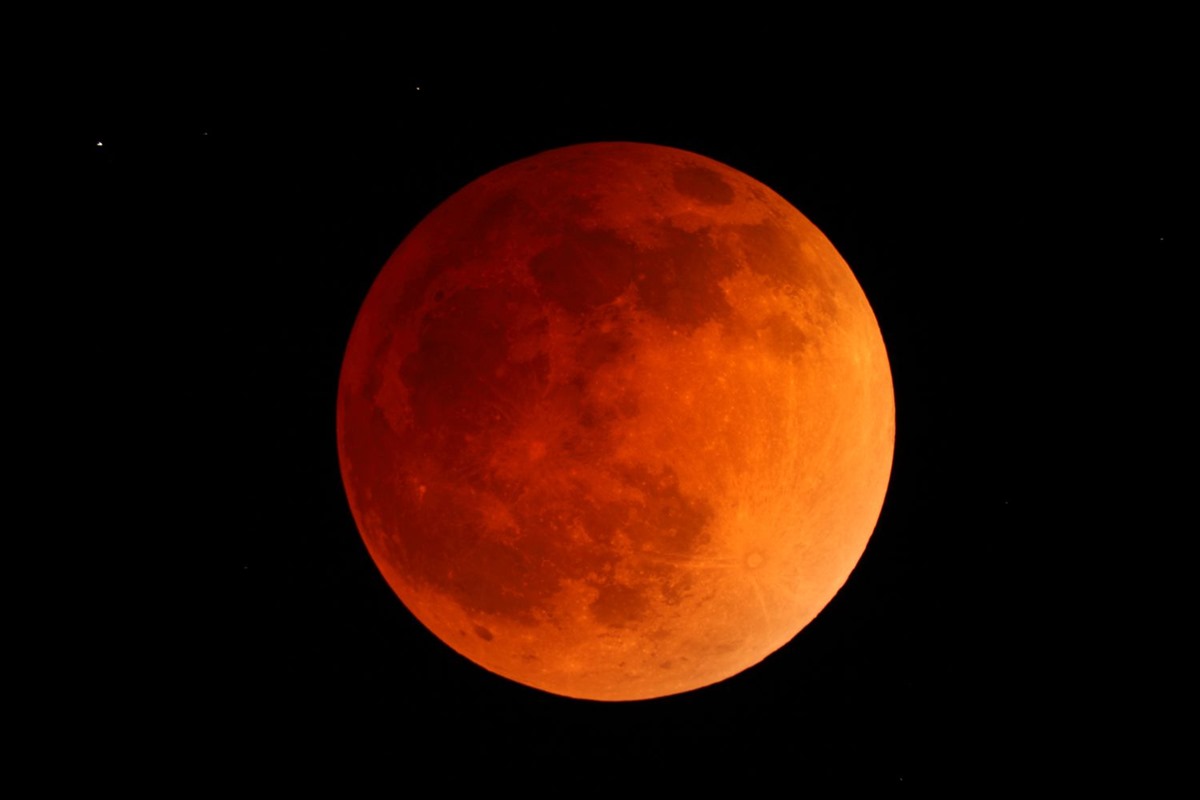September 18 Lunar Eclipse: Timing, visibility, significance of the Chandra Grahan
Witness the partial lunar eclipse on September 18, 2024, visible across North and South America, Europe, parts of Asia, and Antarctica.
Lunar eclipse in 2023 visible in India on the night of October 28-29. Learn more about its timing and popular beliefs.

File Photo
The lunar eclipse in 2023 will be visible in India on the night of October 28th to the early morning of October 29th. Here are some key details:
– Date: The lunar eclipse will occur on the night of October 28, 2023, and continue into the early hours of October 29, 2023.
– Timing: The eclipse will begin at around 11:31 pm Indian Standard Time (IST) on October 28, 2023. The umbral phase of the eclipse will start at 01 hr. 05 min IST on October 29, 2023, and will end at 02h 24m IST.
Advertisement
– Visibility in India: The partial lunar eclipse will be visible from all parts of India around midnight.
The lunar eclipse occurs when the Earth is positioned precisely between the Moon and the Sun, causing Earth’s shadow to fall upon the surface of the Moon. This dimming of the Moon and the reddish appearance it takes on during the eclipse is a result of the scattering of sunlight through the Earth’s atmosphere, which filters out the shorter blue wavelengths and allows the longer red wavelengths to reach the Moon.
The Full Hunter’s Moon, which is a full moon occurring after the Harvest Moon, will undergo a partial lunar eclipse on October 28, 2023. The eclipse will reach its peak at around 4:14 pm Eastern Daylight Time (EDT) and end at around 6:26 pm EDT.
As for the myths and beliefs associated with lunar eclipses, many cultures have various superstitions and practices related to eclipses. Some common beliefs include avoiding eating and sleeping during the eclipse, taking a bath after the eclipse to purify oneself, and the idea that pregnant women should take precautions during an eclipse. It’s important to note that these beliefs are often rooted in cultural and traditional practices and may not have a scientific basis.
Additionally, the belief that looking at a lunar eclipse with the naked eye can turn people blind is a misconception. Lunar eclipses are safe to observe with the naked eye, unlike solar eclipses, which require special eye protection to prevent eye damage.
Beliefs that a wound won’t heal fast and will leave an everlasting scar during a lunar eclipse are also not based on scientific evidence. These are superstitions and should not be taken as factual.
Advertisement